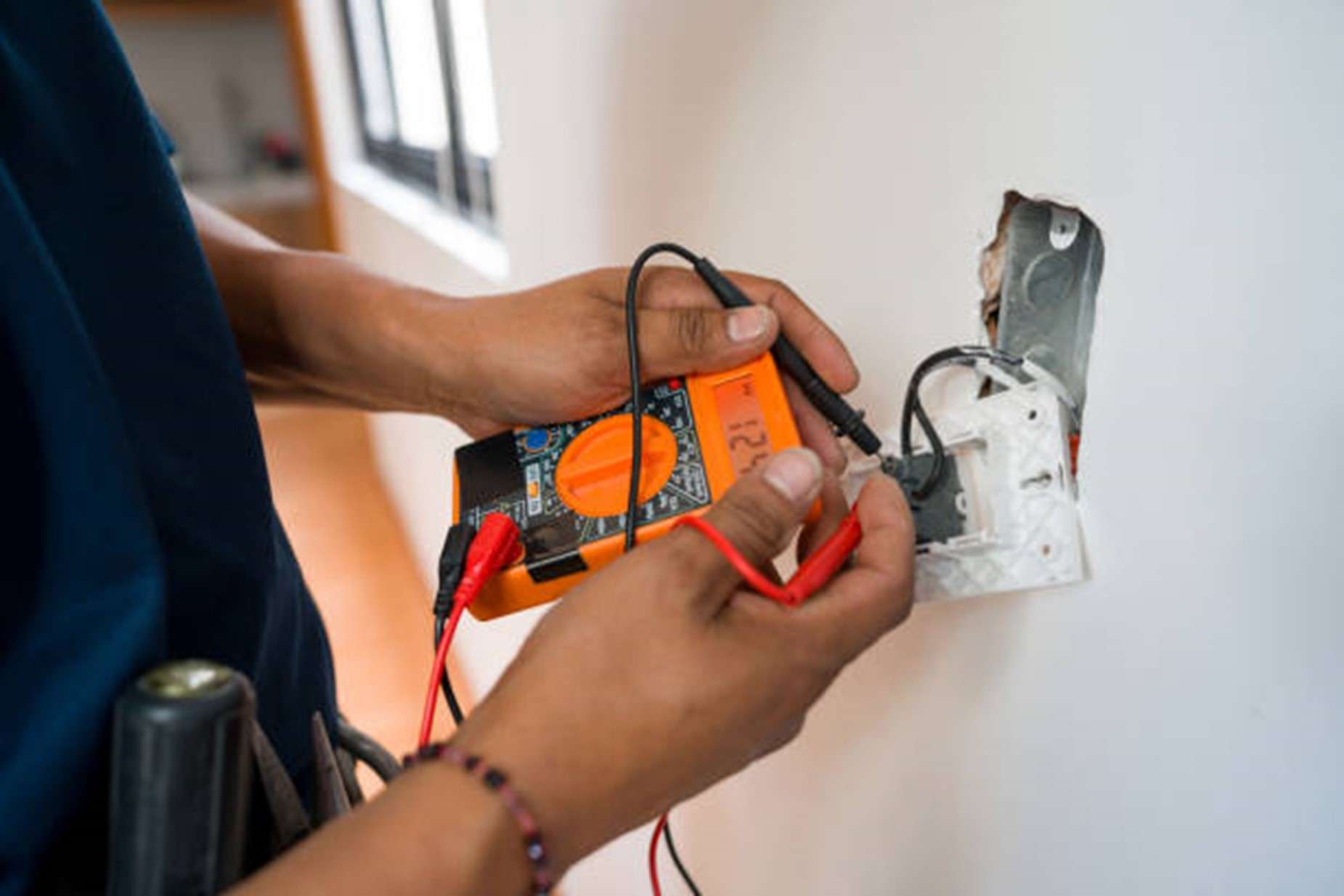Right around the home, we’ve all dealt with minor electrical faults – A flickering light, a power point that just won’t work, or a circuit breaker that keeps tripping. Oftentimes, these glitches are so small, we ignore them. Instead, we carry on with our presumably mundane lives, leaving our home’s electrical system to combat these issues on its own. But, are these issues genuinely trivial or is there more to these matters than meets the eye? The concern here is, what harm can they inflict on our homes or, worse, our loved ones? This blog post aims to bring to the forefront some of the hushed signs that urge the immediate attention of a professional—specifically those that call for an emergency electrician.
Living comfortably in our homes, we often overlook what’s working 24/7 behind the scenes. Electricity, the unsung hero, is one of them. But what happens when this efficient comrade starts to misbehave? You may be competent with a toolkit and can fix most things around the house, but remember, electricity is not one to be trifled with. Countless residential fires lead back to faulty wiring or some sort of electrical malfunction. This post does not aim to scare but to wake you to realize this urgency and the imminent risk of ignoring it.
The question of the hour then is – How can you recognize the difference between a minor electrical glitch and a significant electrical issue? Seeking help from an electrician in time can prevent irreversible damages and keep you and your loved ones safe. Let’s dive into this guide that illuminates ten tell-tale signs your home may need the intervention of an emergency electrician.
Bulbs Fading Out or Flickering Constantly
A solitary bulb periodically flashing, when replaced, may not generate much concern. However, if this occurs persistently or influences multiple bulbs, consider it a red flag. This could indicate an underlying problem with your home’s electric circuitry.
Frequent Power Surges
Typically, power surges are quick and over in an instant. Most homes experience numerous power surges daily as a result of storms or simple appliance switching. But, if you experience constant surges, it’s time to call your electrician.
Outlets Feel Hot to The Touch
When an outlet becomes overly hot, it could be due to a dangerous underlying electrical fault. If you spot a discolored or buzzing outlet, disconnect any appliances immediately and call an electrician without delay.
Persistently Tripping Circuit Breakers
Circuit breakers are designed to trip when they detect a fault. Constant tripping could indicate an electrical problem or an overload that needs immediate attention.
Experiencing Electrical Shocks
Minor electrical shocks when switching appliances on or off could mean that the appliance or wiring is faulty. While mild shocks may seem insignificant in the beginning, they can escalate quickly.
Persistent Burning Smell
A recurring burning smell, especially near an outlet or switch, should not be ignored. Unplug everything, shut off the power, and call an electrician right away.
Conclusion
When it comes to electricity in your home, it can be tempting to take the DIY route. But, unlike fixing a leaky faucet or a loose door knob, dealing with electricity without proper knowledge can prove to be potentially dangerous, and in the worst case, fatal. Hence, at the sight of any of the highlighted signs, don’t hesitate to bring in a pro. The cost of hiring an emergency electrician surely pales in comparison to the price of a house fire or, more dreadfully, the loss of a loved one. Awareness and immediate action can safely power you through the storms of potential electrical hazards.
Remember, your home’s safety and wellbeing is an investment—not an expense. So, maintain vigilance, prioritize preventive measures, and don’t shy away from resorting to professional elegance when the need arises. Trust your instincts, observe the subtle tell-tale signs, and be swift and assertive in putting your safety ahead of all. Let this guide serve as your roadmap towards a more secure, electrically sound, and safe home.

As the editor of the blog, She curate insightful content that sparks curiosity and fosters learning. With a passion for storytelling and a keen eye for detail, she strive to bring diverse perspectives and engaging narratives to readers, ensuring every piece informs, inspires, and enriches.










